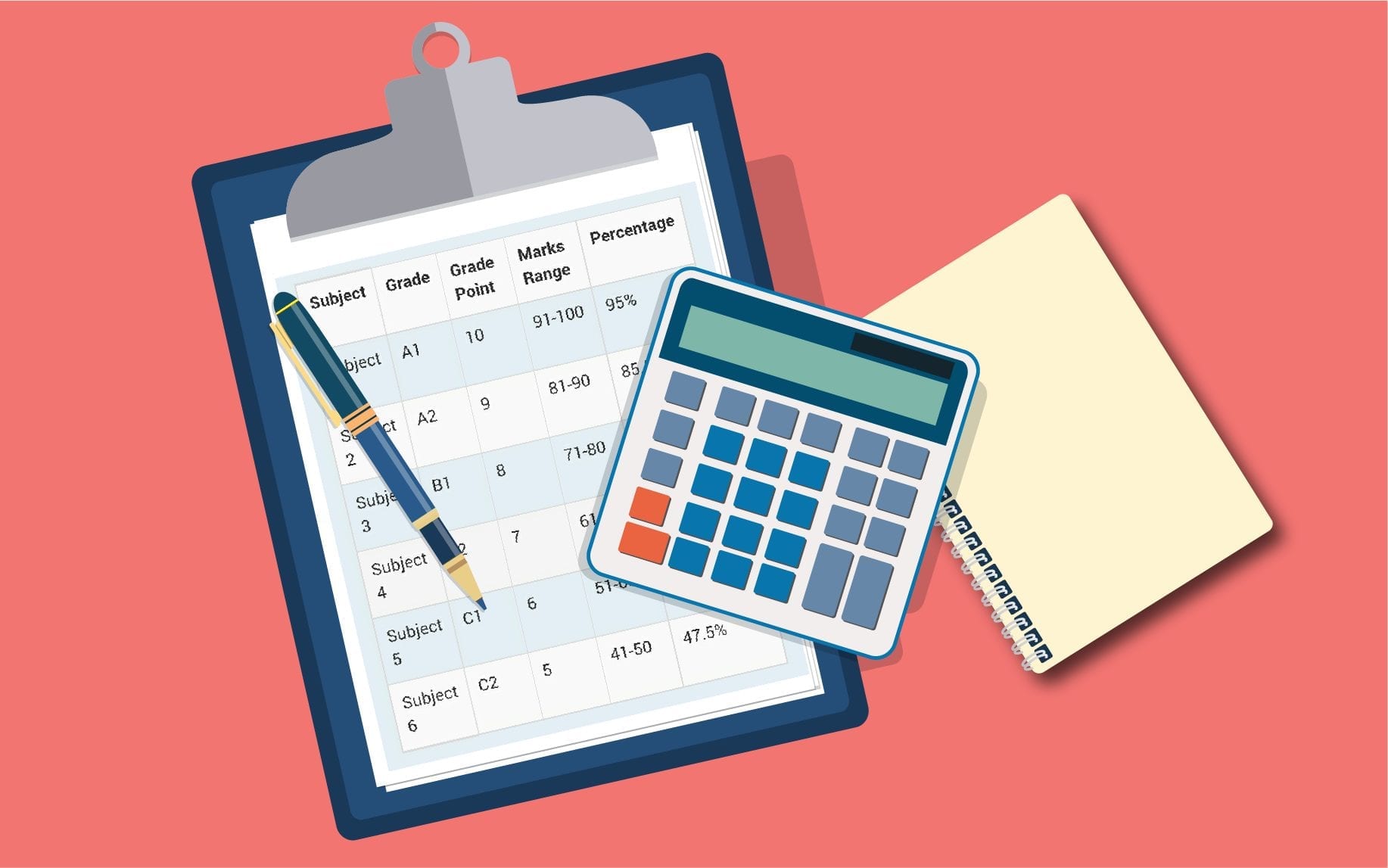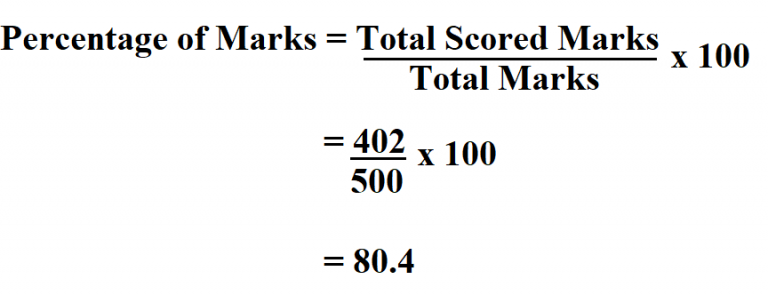If you are a student, or even a teacher, you might have come across the need to calculate percentage of marks. It is an important metric used in education to measure a student’s performance. But figuring out how to calculate percentage of marks can be confusing and daunting for some. In this article, we will explain how to calculate percentage of marks in a simple and easy-to-understand manner.
Common Challenges in Calculating Percentage of Marks
Calculating percentage of marks can be challenging for some students, especially when they are dealing with multiple subjects and different grading schemes. Besides, the formulas and methods for calculating percentage can vary depending on the country or the education system. As a result, it is not uncommon for students to make mistakes in calculating their percentage of marks, which can affect their academic performance and future prospects.
How to Calculate Percentage of Marks
The formula for calculating percentage of marks is simple: add up the marks obtained in all subjects and divide it by the total marks. The result is then multiplied by 100 to get the percentage of marks. For example, if a student obtains 450 marks out of 500, the percentage of marks can be calculated as follows:
Percentage of marks = (Total marks obtained/Total marks) x 100
= (450/500) x 100 = 90%
Therefore, the student has obtained a percentage of marks of 90%.
Main Points to Remember:
- Add up marks obtained in all subjects
- Divide it by the total marks
- Multiply the result by 100
Getting Started with Percentage of Marks
If you are new to calculating percentage of marks, it can seem intimidating at first. But with a little practice and understanding of the formula, you can easily calculate your percentage of marks. When I was in school, I found it challenging to calculate my percentage of marks, especially when I had multiple subjects and exams to cover. However, with the help of my teachers and some online resources, I was able to master the formula and calculate my percentage of marks with ease.

Understanding the Grading System
Before you can calculate your percentage of marks, it is essential to understand the grading system used in your school or college. In some education systems, grades are assigned based on a letter system, such as A, B, C, D, and E, while in others, numerical grades are used.
For example, in India, most institutions use a numerical grading system, where marks are given out of 100, and grades are assigned based on the percentage of marks obtained. However, in the United States, the letter grade system is more commonly used, where grades are assigned based on a scale of A, B, C, D, and F.

Factors to Consider when Calculating Percentage of Marks
While the formula for calculating percentage of marks remains the same, there are some factors to consider when calculating it. Some of these factors include:
- The grading system used by your institution
- The number of subjects and exams
- The weightage assigned to each subject or exam
- The passing marks for each subject or exam
Keeping these factors in mind can help you calculate your percentage of marks accurately.
Remember:
Percentage of marks = (Total marks obtained/Total marks) x 100
FAQs on How to Calculate Percentage of Marks
Q1) Is the formula for calculating percentage of marks the same for all education systems?
The formula for calculating percentage of marks may vary depending on the education system and grading scheme. However, in most cases, the formula remains the same: add up the marks obtained in all subjects and divide it by the total marks. Multiply the result by 100 to get the percentage of marks.
Q2) Can I calculate my percentage of marks using a calculator?
Yes, you can use a calculator to calculate your percentage of marks. However, it is essential to ensure that you enter the marks and the formula correctly to get accurate results.
Q3) What if I have failed a subject or exam?
If you have failed a subject or exam, your marks for that subject/exam will be considered as 0 while calculating the percentage of marks. This can significantly affect your overall percentage, so it is essential to work on improving your grades in the future.
Q4) Could calculating my percentage of marks help me in my future career?
Yes, your percentage of marks can play a crucial role in your future career, as some employers and higher education institutions use it as a basis for selection. It is also essential to note that a good percentage of marks can boost your confidence and motivation to achieve more in your academic and professional life.
Conclusion of How to Calculate Percentage of Marks
Calculating percentage of marks is an essential metric in education that can measure a student’s performance. By understanding the formula and factors to consider, you can calculate your percentage of marks accurately and confidently. Whether you are a student or a teacher, mastering the skill of calculating percentage of marks can prove to be valuable in your academic and professional life. Happy calculating!
Gallery
How To Calculate Percentage Of Marks? – Leverage Edu

Photo Credit by: bing.com / leverageedu
How To Calculate Percentage Of Marks.

Photo Credit by: bing.com / therefore learntocalculate
How To Calculate Percentage: Solve Through Percentage Formula

Photo Credit by: bing.com / percentage calculate nikalte kaise score exams
How To Calculate Percentage Of Marks: Tips And Tricks To Calculate

Photo Credit by: bing.com /
How To Calculate Percentage Of Marks Of 12th Class | Find Percentage Of

Photo Credit by: bing.com / 12th